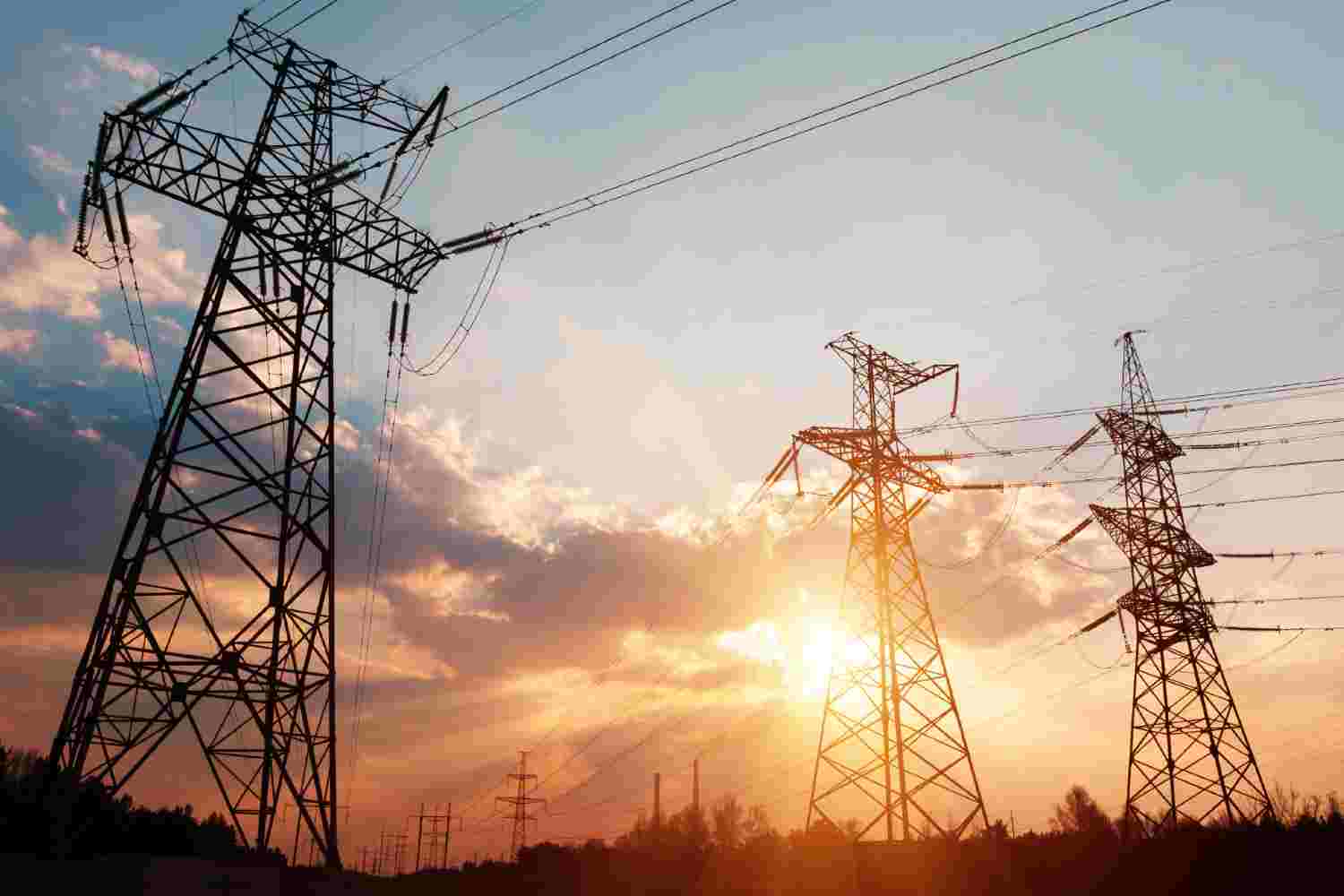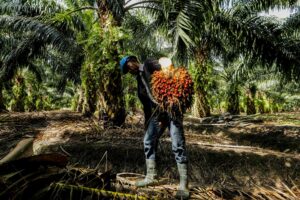The Secretary to the Government of the Federation, Boss Mustapha, on Tuesday said the power project through the German company, Siemens, would soon commence.
He said this Tuesday while presenting a summary of recommendations from some of the panel discussions after the two-day mid-term ministerial performance review retreat held at the Presidential Villa, Abuja.
On the current status of the Siemens Memorandum of Understanding, he said: “A Special Purpose Vehicle has been formed, and the MOU has been signed. The Environmental Impact Assessment and Right of Way studies are ongoing.
“Soon, the engineering, procurement and construction will commence and the targets of 7,000 MW (Phase 1), 11,000 MW (2nd Phase) and 25,000 MW (3rd Phase) will follow. The 3rd Phase affects the entire power value chain of generation, transmission, and distribution.”
On overcoming constraints to power distribution, he said the need to consider subsidizing electricity production which would impact jobs and industries was stressed.
“On timing the completion of refineries repairs to align with the rehabilitation of the pipelines, storage depots and jetties. This is being done. The various refineries under repairs will become functional from 18 months through to 48 months.
On Dangote Refinery, he said: “Delays due to COVID-19 induced supply chain disruptions are being overcome and the commissioning should be by 2022.”
He said the retreat recommended the need to manage the exchange rate better by fixing the education and health sectors so that Nigerians could study at home and receive medical care at home, thereby saving the huge foreign exchange expended on overseas education and medical care.
“Up to 30% of Nigeria’s foreign exchange is spent on petroleum imports; when projects like Dangote Refinery comes on stream, and our own refineries are fixed, they’ll save and also generate foreign exchange; and we can have a much-improved exchange rate regime.
“Monetary Policy Committee of the CBN is determined to pursue price stability that’s good for economic growth.
“There’s need to pragmatically deal with the issues of oil subsidy and ensure that subsidy removal does not further suffocate the economy. Population census and housing survey have been provided for in budget to be effected by 2022.”
On transportation, the SGF said: “The ministry will renew efforts on passing the Nigeria Railway Corporation Bill that’ll unbundle the NRC and allow PPPs in operations of the railway. However, priority is on completing and operationalizing the ongoing railway projects.”
On airport concessioning, he said: “There’s a Master Plan being followed. Concession advisers have now been appointed. Request for Qualifications have been issued and airport operators world-over have responded. RFQs are currently under review. Request for proposals will go out by 25th October 2021. And so, by April 2022, the airports would, if the process goes as planned, be delivered to the concessionaires/ private sector operators
The new agricultural policy, he said, would be out by December 2021 to move forward in agriculture and food security.
Earlier, President Muhammadu Buhari said his administration would continue to implement fiscal measures to improve domestic revenues and mobilise external funding support to build a more resilient economy.
He said the synergy between the fiscal and monetary authorities would help keep the economy on the trajectory of growth.
Buhari directed the Office of the SGF to begin the process of convening quarterly coordination meetings for each priority area based on the collaborative results framework.
He said the Ministry of Humanitarian Affairs, Disaster Management and Social Development had been directed to come up with a legislative framework for social protection that also guarantees its funding stream.




